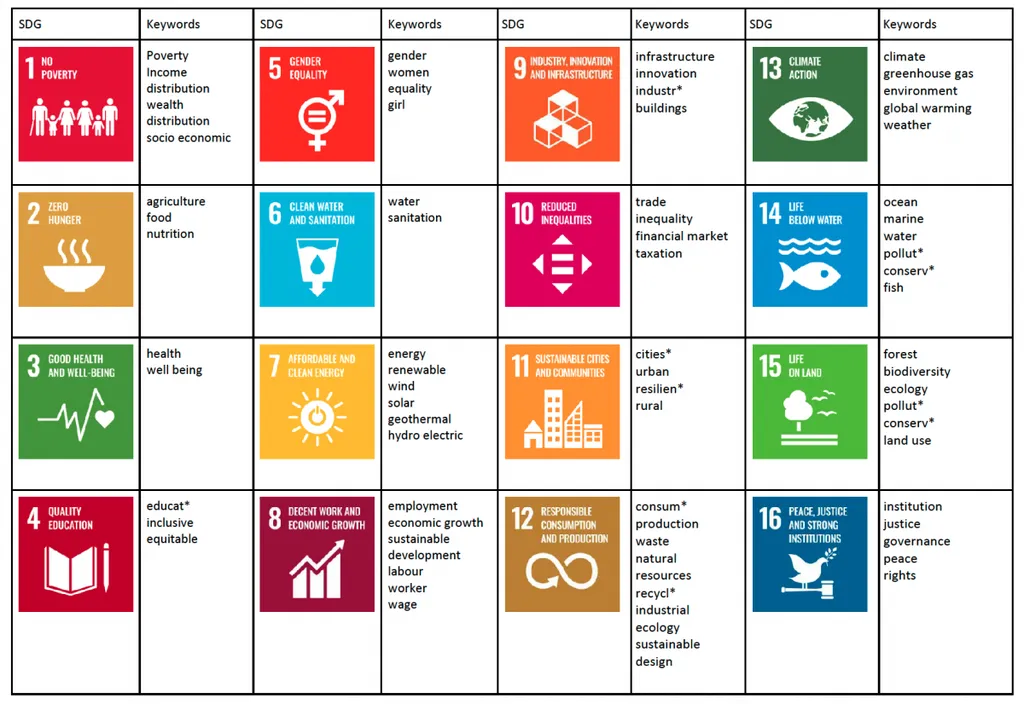In the rapidly evolving landscape of academia, a new study is shedding light on the often-unseen impacts of generative artificial intelligence (GenAI) tools on doctoral research and supervision. Led by Philippa Boyd of the University of the Built Environment in Reading, this research delves into the shifting dynamics between doctoral students and their supervisors as GenAI tools become increasingly prevalent.
The study, published in the journal ‘Buildings & Cities’ (translated to English as ‘Buildings & Cities’), explores how the integration of GenAI tools can alter traditional relationships and practices within the academic realm. Rather than focusing on the technical capabilities of these tools, Boyd and her team examined the challenges and implications that arise from their use in doctoral research.
One of the key findings is that the unacknowledged use of GenAI can confer undue agency on the technology, disrupting traditional relationships in ways that are not openly discussed. “The rapid uptake of GenAI within doctoral research comes with a lack of consideration of the emotional support ascribed by students to the technology,” Boyd explains. This emotional support, often provided by supervisors, is a crucial aspect of the doctoral journey that is now being partially fulfilled by AI tools.
The research also highlights the need for ethical frameworks around the use of GenAI in academia. By giving voice to stakeholders, the study exposes the lack of transparency and guidelines surrounding the integration of these tools into research and practice. “There is a need to consider its open and supported use, and its impact on developing the technical understandings and communication of doctoral researchers,” Boyd notes.
For the energy sector, the implications of this research are significant. As doctoral researchers in energy-related fields increasingly turn to GenAI tools, the dynamics of supervision and collaboration may shift, potentially affecting the quality and direction of research. Understanding these changes can help academic institutions and industry stakeholders navigate the evolving landscape of doctoral education and ensure that the next generation of researchers is well-prepared to tackle the energy challenges of the future.
The study underscores the importance of open dialogue and transparent practices in the use of GenAI tools. By addressing the concerns and possibilities that GenAI brings to doctoral research, academia can proactively shape the future of research and supervision. As Boyd’s research makes clear, the integration of GenAI tools is not just a technical issue but a profound shift that requires careful consideration and ethical guidance.

